Eight states will take to the polls on Tuesday to decide on ballot measures that would require proof of U.S. citizenship to vote.
Ballot measures in Iowa, Idaho, Kentucky, North Carolina, South Carolina, Oklahoma, Missouri and Wisconsin come after House Republicans passed a bill over the summer that would require proof of citizenship to vote. That bill has not been taken up by the Senate.
Some municipalities allow noncitizens to vote in local elections, like Washington, D.C., and a handful in Maryland, Vermont and California. New York City’s law allowing noncitizen voting was struck down in court earlier this year.
The wave of noncitizen ballot referenda began with North Dakota in 2018, when the state constitution was amended, changing the wording from "every citizen" to "only a citizen" regarding voting eligibility.
Voters in Florida, Colorado and Alabama passed identical language changes in the 2020 elections. Ohio and Louisiana followed suit in 2022.
While noncitizen voting in federal elections is illegal, Republicans argue there is no adequate enforcement in place, and such unlawful voting could tilt the results of the presidential election.
Iowa’s state constitution currently lists the voting age at 21, but the state has been following the 26th Amendment of the U.S. Constitution, which set the voting age at 18.
A proposed state constitutional amendment would mandate that "only a citizen of the United States of the age of eighteen years," changing both the age and existing language from "every citizen" to "only a citizen." The amendment would also delineate that only those who live in the state can vote in its elections.
On Sunday, a federal judge ruled that he would not block Iowa Secretary of State Paul Pate’s challenge to the ballots of roughly 2,200 suspected noncitizens.
The ACLU of Iowa had filed a lawsuit on behalf of four naturalized citizens who had their registrations challenged.
Pate required any potential noncitizen on his list to vote with a provisional ballot and return to the county auditor’s office with proof of citizenship for their vote to count.
A new Des Moines Register/Mediacom Iowa Poll released Saturday found Vice President Kamala Harris leading former President Donald Trump by three percentage points in the state, 47% to 44%.
North Carolina’s GOP-led legislature passed a bill that put forth an amendment that would change the state constitution’s requirements to vote.
The document currently says "every person born in the United States and every person who has been naturalized" can vote in North Carolina if they are over 18 and a U.S. resident. The amendment would alter the text to "only a citizen of the United States" can vote if they have met the other requirements.
North Carolina does not require proof of citizenship to vote but requires people to swear they are a citizen and otherwise eligible to vote or risk felony charges of perjury.
North Carolina is one of seven key swing states in the presidential election.
Similarly, a ballot measure in South Carolina would change the state’s constitution to read that "only a citizen of the United States and of this State" who is at least 18 years of age and "properly registered" can vote. Currently, it reads "every citizen" who has met the other qualifications can vote.
"It doesn't make it harder for a legal voter in the state to vote, but it does make clear in South Carolina we will not open ourselves up to lawsuits by groups that are pushing noncitizens to vote in elections anywhere in the state," state Sen. Josh Kimbrell, the lead sponsor of the bill that established the measure, told a local news outlet.
"We have had multiple court challenges across the United States in multiple jurisdictions where some courts have upheld municipal governments or school boards extending the right to vote to those who are not legally in this country," Kimbrell said. "We want to remove any ambiguity in South Carolina."
NATIONAL POLLS SHOW TRUMP, HARRIS IN TIGHT RACE AS ELECTORATE IS UNHAPPY WITH CHOICES
Wisconsin’s Republican-led legislature voted to add a measure on noncitizen voting to the November ballot to amend the state’s constitution to say "only" U.S. citizens who are 18 or older can vote, rather than "every" citizen who is 18 and older.
The Idaho constitution currently states that "every male or female citizen of the United States" who meets certain age and residency requirements is eligible to vote in the state. The ballot referendum would explicitly amend the state’s constitution to say that noncitizens are barred from voting in any election in the state.
A ballot measure in Kentucky proposes an addition to the state constitution stating, "No person who is not a citizen of the United States shall be allowed to vote in this state."
The state’s constitution currently expresses, "Every citizen of the United States of the age of eighteen years who has resided in the state one year, and in the county six months, and the precinct in which he offers to vote sixty days next preceding the election, shall be a voter in said precinct and not elsewhere."
If successful, Missouri’s ballot measure would change the state’s constitution to say "only citizens of the United States" can vote in elections. Currently, it says "All citizens of the United States" over the age of 18 and those who reside in Missouri "are entitled to vote at all elections."
However, the amendment would also outlaw ranked choice voting, which allows voters to rank their choice of candidates in order or preference. Experts believe that type of system typically favors moderates.
The state’s Republican-dominated legislature got a measure on the ballot this year that would change the state’s constitution to say "only" instead of "all" citizens who reside in the state and are over 18 are "qualified" to vote.
The Department of Justice last week sued Republican Virginia Gov. Glenn Youngkin's administration for removing people from the voter rolls who had been identified as noncitizens and could not verify their citizenship within a two-week grace period. The state said it removed 6,000 ineligible people from its rolls.
Texas Gov. Greg Abbott said in August that more than 6,500 potential noncitizens had been removed from the state's voter rolls since 2021. Ohio Secretary of State Frank La Rose also said in August that he referred 138 apparent noncitizens found to have voted in a recent election for prosecution.
CLICK HERE TO GET THE FOX NEWS APP
Moreover, Alabama Secretary of State Wes Allen has said 3,251 people previously identified as noncitizens by the federal government have been deactivated on the state's voter registration rolls.
.png)
 1 week ago
18
1 week ago
18


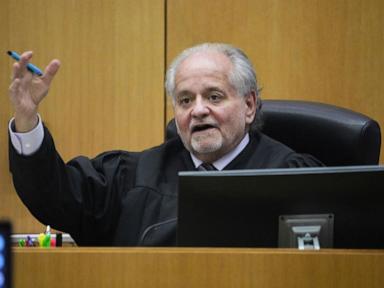



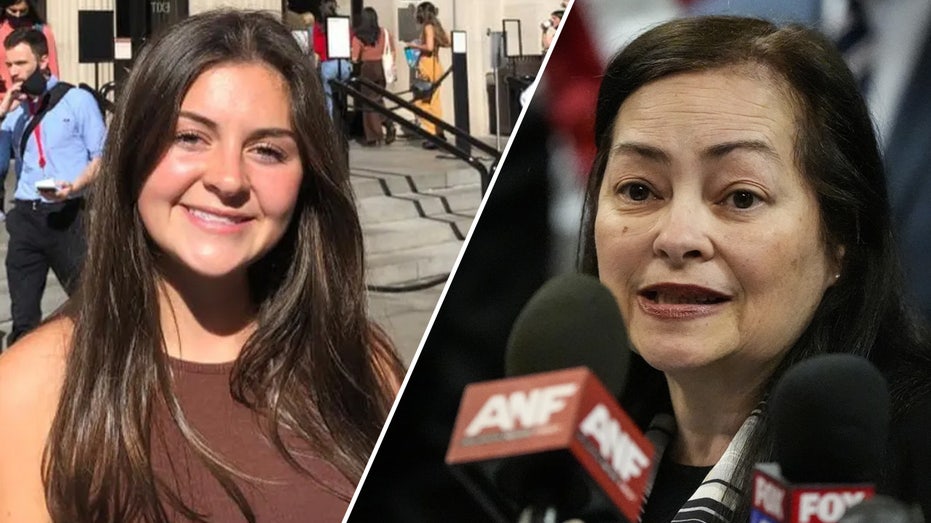
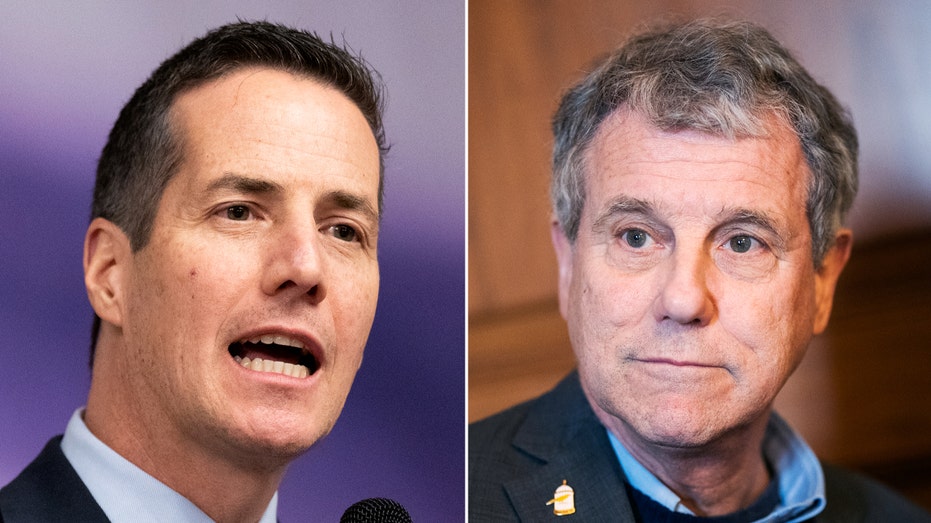
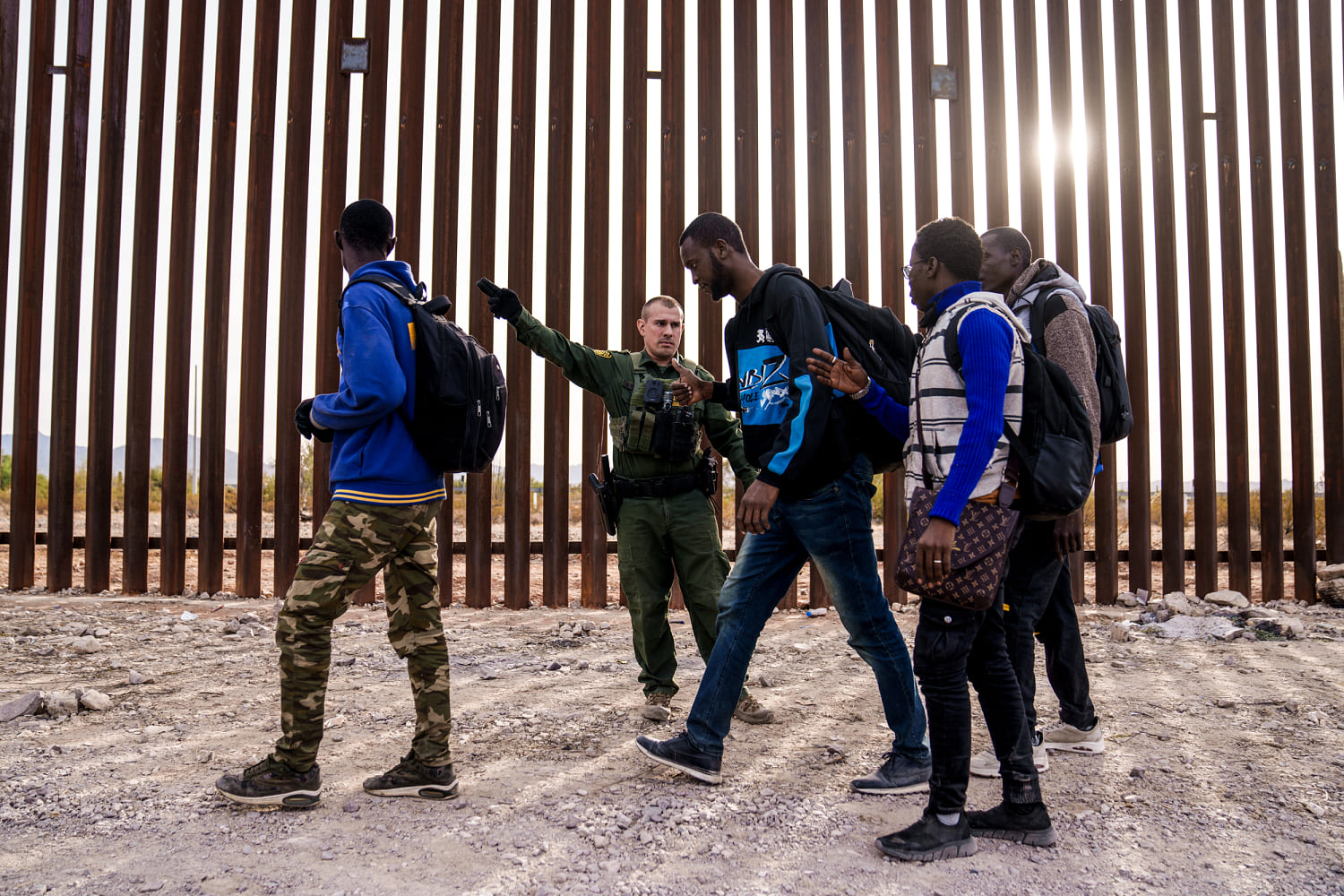
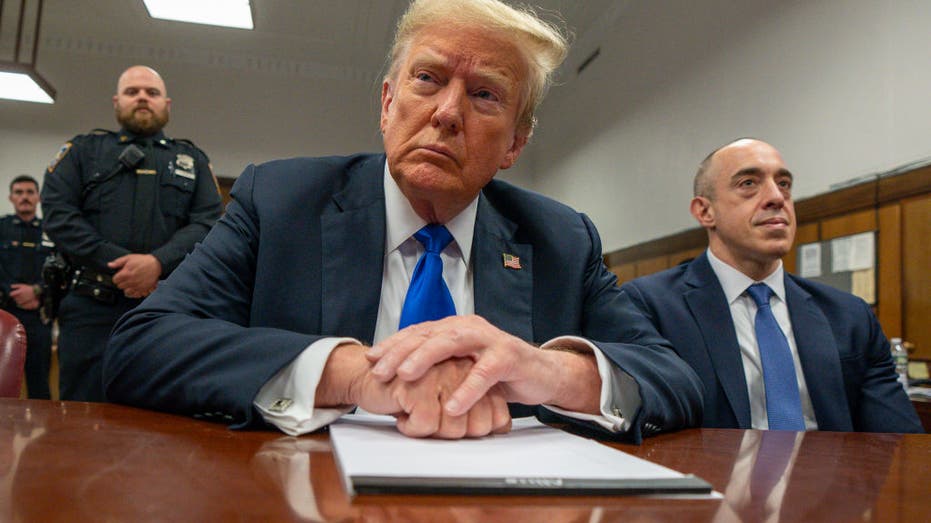




 English (US)
English (US)